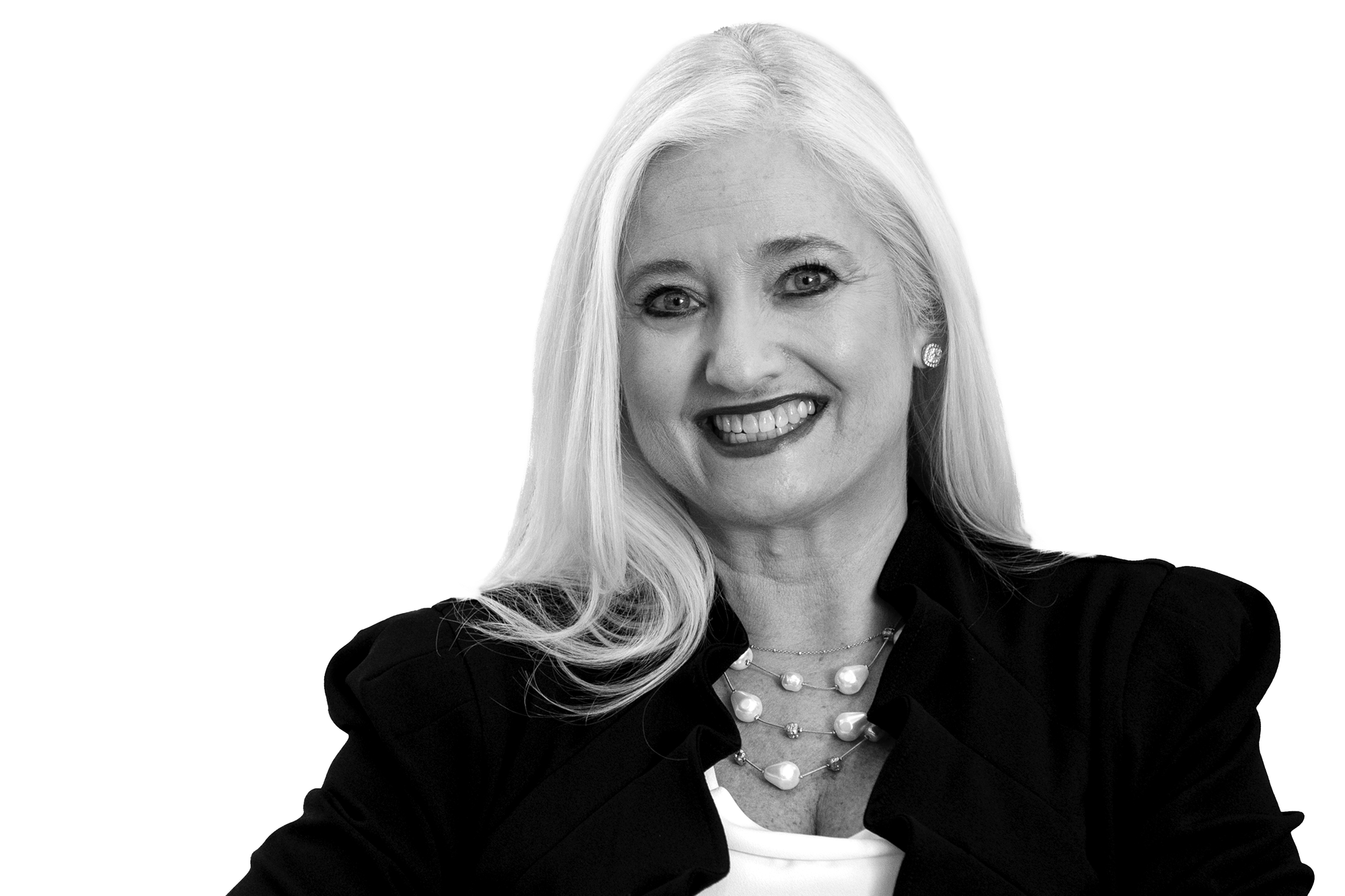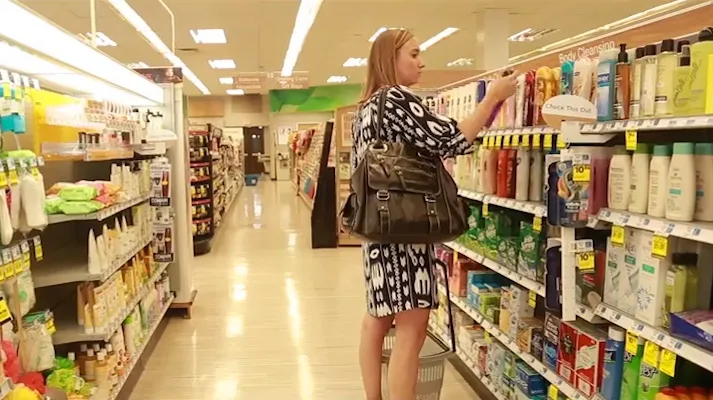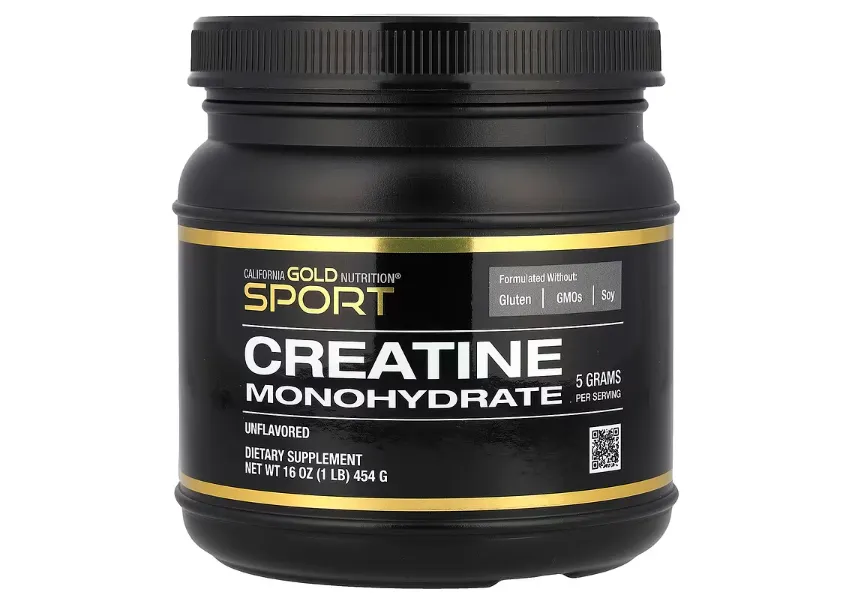It is hard to believe it has been just over a year since we launched Haleon, the world’s first stand-alone consumer health care company. As I reflect on our first year, I think about the incredible evolution that brought us here — and when I say “us” I do not just mean one company.

Lisa Paley
I mean the entire self-care industry, which has evolved significantly during its long history. Now, as the newly elected board chair of the Consumer Healthcare Products Association (CHPA), I have the privilege to work even more closely with other leaders and stakeholders to make sure our industry remains responsive to consumer wants and needs, and to ensure that regulations and policies continue to allow us to serve the public.
It cannot be said often enough: The COVID-19 pandemic changed the world forever, and that includes the impact on the self-care industry. The pandemic accelerated the evolution we were already seeing — a shift from defensive “sick care” (“I seek health products to treat myself”) to a broader proactive “well-care” (“I seek health products for overall health and wellness”). Now, a little over three years later, consumer focus on self-care and an emphasis on prevention is at an all-time high, and our industry is continually evolving to meet that demand.
Over the years, we have seen additional consumer health care product options beyond traditional monograph over-the-counter medicines. For example, major prescription-to-O-T-C switches have empowered Americans to take more control of their health and wellness by putting prescription-strength medicines in the O-T-C aisle. We have seen an explosion of new dietary supplement products to support immunity, sleep, digestive health and other wellness issues. We’re also witnessing a rapidly emerging generation of consumer medical devices including at-home diagnostics, test kits and even O-T-C hearing aids, expanding access to innovative health tech to millions of American consumers. And we’re seeing new pathways to purchase reaching even more consumers, from e-commerce to curbside pickup, direct-to-consumer and even drone delivery.
This evolution goes beyond the drug store shelf and is happening in the larger marketplace as well. Consumer health care is emerging out of the shadows of large legacy pharmaceutical entities and spinning off into stand-alone pure-play consumer health companies, bringing together the best of our heritages in pharma, CPG, digital health and nutrition with the untapped potential to be purely consumer focused. All in all, I think it’s safe to say we are at a watershed moment for the industry. Our products bring increased value to consumers and to the health care system, and we are witnessing our growth into a freestanding, diverse category that can help make health care more inclusive and achievable for all.
The potential for the self-care industry to enhance wellness, save money and provide access to underserved communities is enormous. We know self-care generates billions in savings to the entire U.S. health care system. In fact, CHPA’s 2022 OTC Value Study found that every dollar spent on O-T-C medicines saved the U.S. health care system $7.33, resulting in an annual savings of $167.1 billion overall. The increasing adoption of consumer medical devices and at-home products is also a huge step in the right direction. Think of the cost savings, time savings and the reassurance delivered by at-home COVID-19 tests in the last three years alone.
In addition to the value created by these types of savings, the growth of the self-care industry continues to improve accessibility to consumer health care products. A key part of this is our industry’s collaboration to advance public policies that enable accessibility. For example, OTC Monograph reform, enacted into law in 2020, created a new regulatory pathway for faster development of new O-T-C products that is just now being implemented and that will benefit our consumers with new choices of self-care products for decades to come. Moreover, the recently approved prescription-to-O-T-C switch of Naloxone demonstrates the importance of access to consumer health care products that range from preventative to truly life saving.
However, there is still more work to be done. We know that health care is not always as inclusive or accessible as it should be, and that is where our industry can help. We can continue to break down barriers and promote and adopt inclusive policies and practices, such as driving awareness with key stakeholders of emerging categories and device or switch opportunities that will further enable accessibility.
In addition to the demand for and reliance on self-care products, COVID-19 magnified health disparities. Our industry can continue looking for ways to step up to ensure accessibility to marginalized groups through education and outreach, and we can work to increase health literacy so that all Americas can safely choose and use self-care products. Work like this — to better serve marginalized consumers and ensure accessibility — cannot succeed if people do not trust that self-care products are what they claim to be or provide meaningful benefits. CHPA’s Educational Foundation is making important progress in this area, and I’m excited about the potential to accelerate these efforts during my term as chair.
Following the success of O-T-C monograph reform, our industry is working through CHPA to modernize the Dietary Supplement Health and Education Act (DSHEA), the current regulatory framework governing supplements. We are also working to expand eligibility for dietary supplements to be covered by tax-preferred savings vehicles including Flexible Savings Accounts (FSAs) and Health Savings Accounts (HSAs). More than 60 million Americans rely on these programs to help cover out-of-pocket health costs, and they are demanding that supplements should be included. Modern regulations and policies like these for dietary supplements are important to continue to drive growth for our industry, but more importantly, to strengthen consumer value and trust.
While areas of opportunities remain within our industry, the future is bright, and I am optimistic. Our industry aims to empower self-care by preserving and expanding choice and availability of consumer health care products. I am hopeful that by working together as an industry and collaborating with our stakeholders we can reach millions more people. I have seen firsthand the incredible impact self-care can have in consumers’ lives, and I truly believe our evolution holds tremendous potential to deliver lower costs, better wellness and greater accessibility for all consumers. Together, we can make a big difference, and I’m thrilled and honored to serve as CHPA’s chair during this exciting time.
Lisa Paley is president for North America at Haleon, and the newly elected board chair of the Consumer Healthcare Products Association, serving a term from 2023 to 2025.









